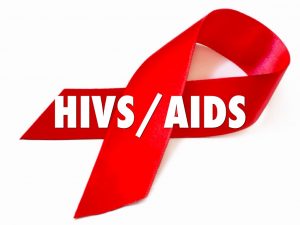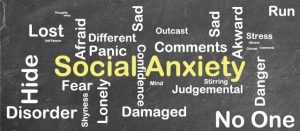
On Monday Boris Johnson warned that all non-essential travel in the UK needed to stop to curb the coronavirus outbreak.
This includes not going to the pub, restaurants or the theatre – and working from home where possible.
Health secretary Matt Hancock also said all over 70s could be asked to stay at home, even if they don’t have symptoms.
And some schools have closed their doors and warned pupils to self-isolate following their return from trips abroad.
Self-isolation is seen as an important technique to help protect the public from coronavirus.
But what does self-isolation mean and who needs to be doing it? Here’s everything you need to know.
What is self-isolation?
Self-isolation is about protecting others and stopping the spread of infectious diseases such as coronavirus.
Anyone who has been told to self-isolate, should stay indoors and avoid contact with other people to prevent them from spreading the disease to family, friends and the wider community.
According to Public Health England (PHE), this means you must:
- stay at home
- not go to work, school or public areas
- not use public transport like buses, trains, tubes or taxis unless you have been told it is safe to do so by a member of the port or public health team
- avoid visitors to your home
- ask friends, family members or delivery services to carry out errands for you – such as getting groceries, medications or other shopping
Who needs to self-isolate?
Currently, PHE states that self-isolation is only relevant to a select number of people including those who are waiting for a coronavirus test result and those who are a close contact of someone with coronavirus.
In addition, the organisation suggests that anyone who has returned from affected countries since 19 February should call NHS 111 and stay indoors and avoid contact with other people even if they do not have symptoms.
Destinations included in the full list (which can be seen here) include Iran, Northern Italy, Korea, Vietnam, Cambodia, China, Thailand, Japan and Singapore.
How do you self-isolate if you live with other people?
It is important that anyone told to self-isolate separates themselves from other people in their home.
PHE recommends staying in a well-ventilated room with a window that can be opened, separate from other people in your home and to use a separate bathroom.
If a separate bathroom is not available, consideration should be given to drawing up a bathroom rota for washing or bathing, with the isolated person using the facilities last, before thoroughly cleaning the bathroom
If you share a kitchen with others (such as university halls of residence or similar), PHE recommends avoiding using it while others are present. If this is not possible then a facemask should be worn and meals should be consumed in your own room.
What if you need to go to work or take care of children?
During an outbreak, PHE states that it is important for people to do everything they can to reduce the risk of further spread of the infection, and this will require understanding and support from employers, family members and friends.
The organisation recommends talking to those around you, including your employer, about the importance of self-isolation to reduce the risk of spreading infection at work.
It adds that people can ask family and friends to help manage dropping children to schools and events. However, if you are self-isolating PHE warns that people should not visit your home for long.
You are also allowed to ask for help if you require groceries, shopping and medications, or you can order by phone or online. The delivery instruction must state that the items are to be left outside, or in the porch, or as appropriate for your home.
If you have been advised by your local health protection team and your doctor to stay at home and self-isolate you should follow the important instructions detailed on this advice sheet.
More NHS advice on what to do if you think you have been exposed to coronavirus can be found here.








